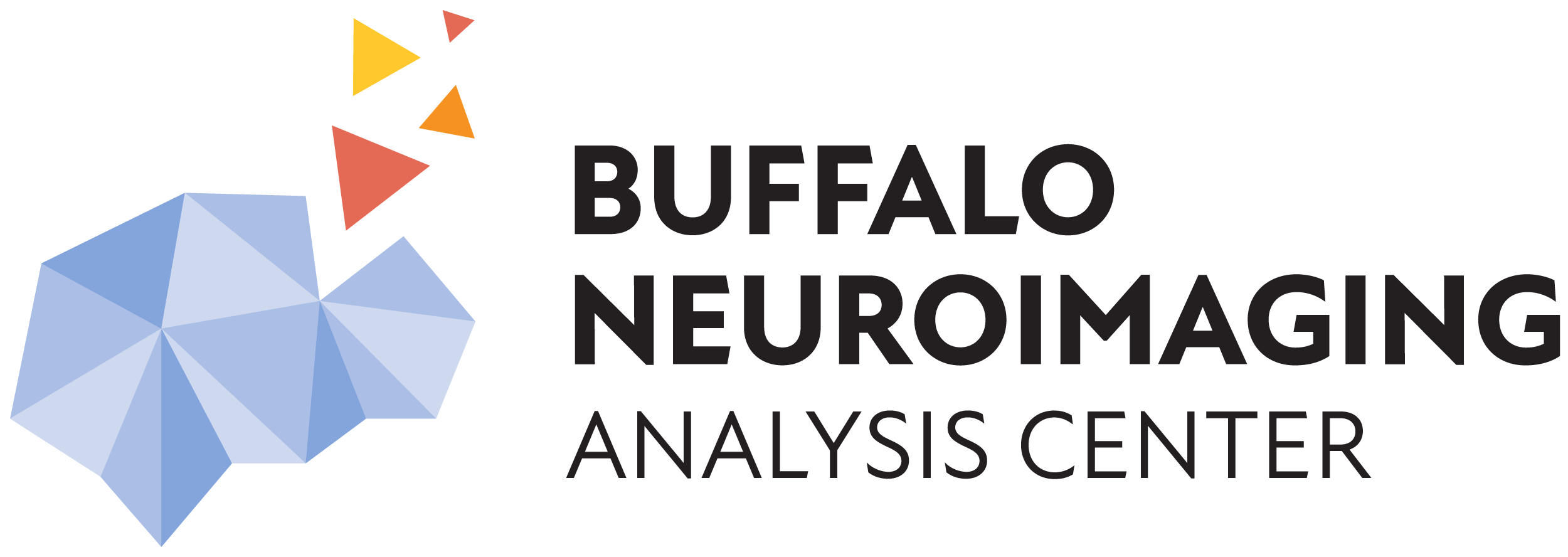Advisory Council Spotlight: Mitch Sturgeon

Buffalo Neuroimaging Shines a Spotlight on Mitch Sturgeon
Advisory Council member Mitch Sturgeon was interviewed by Linda Safran
Linda: Mitch, tell me about your MS journey.
Mitch: Here are the highlights, so to speak. In 2001, at the age of thirty-eight, I was diagnosed with primary progressive multiple sclerosis. PPMS is a relatively rare form of MS where the patient experiences no relapses and no remissions, only slow, steady progression. PPMS tends to produce more disability than relapsing remitting MS, and that has been my experience.
By 2008, I had become a full-time wheelchair user, and in 2009 I took disability retirement from my chemical engineering/business management career. That is when I founded my blog Enjoying the Ride, with the theme of living a contented life as a person with a disability. In 2018, I published my memoir — ENJOYING THE RIDE: Two Generations of Tragedy and Triumph. By 2023, I no longer had enough strength in my hands to operate the joystick of my wheelchair, having been rendered a quadriplegic by MS. I now control my wheelchair and my computer mouse with head movements.
Linda: How about the personal side? How have you and your family coped with your disease?
Mitch: As devastating as the disease has been for me, I still find meaning in each day. When I was five years old, my mother had a fall and became a quadriplegic. She lived an inspirational life and set an example I never dreamed would be so relevant. My mother’s gifts of favorable genetics and lessons learned are largely responsible for my resilient nature. But the biggest reason I have continued to enjoy life despite these challenges is the friendship, love, and care of my high school-sweetheart-turned-spouse, Kim. She is the best.
Linda: Why did you accept the invitation to join the BNAC Advisory Council?
Mitch: My dear friend, Marc Stecker, is on the Council, and he spoke highly of the experience. A few years ago, he called to let me know there was an opening and asked if I would be interested. He told me of the Buffalo Neuroimaging's focus on patient-centered research and briefed me on the research projects underway. I asked who the other members of the Council were, and I recognized several of them as leaders in the MS advocacy space. And the folks I hadn’t heard of — Marc spoke highly of each of them.
Even before Marc’s invitation, I had developed a positive opinion of Buffalo Neuroimaging. During the CCSVI hyperactivity of a dozen years ago, BNAC stood out to me because they took us seriously. Instead of dismissing the controversial CCSVI theory of MS, they explored it in depth with a 1,000 person study. They treated people with MS respectfully. We just wanted answers about the safety and efficacy of vascular treatment for MS.
So, I told Marc I would be honored to join the Council. After a conversation with Dr. Zivadinov, I was in.
Linda: What message do you have for the broader MS research community?
First, thank you. You have infinite choices for your research careers, but you selected a particularly tough nut to crack, and we all appreciate that.
Second, keep your eye on the prize — a cure for MS. I appreciate the need for basic research into causes and characteristics of the disease. But what all patients are hoping for is nothing short of a cure. So, when appropriate, postulate a cure, and test for it. Somebody is going to find the answer. What a wonderful day that will be.
Linda: What has been your involvement with CASA MS?
When I joined the Patient Advisory Council, CASA MS was already underway. I was particularly pleased that it involved The Boston Home, a facility to which I had previously donated a wheelchair, a facility I knew of through another nonprofit I am active in — 3i Housing of Maine.
If not for my ideal living situation in Maine, I would be a candidate for admission to the Boston Home, a facility for those with advanced MS. So, this Buffalo Neuroimaging study really hits home with me, and I was happy to be able to contribute to it through advocacy and fundraising. Traditionally, those of us with advanced MS haven’t received as much attention from the research community as have others, so this is groundbreaking work.
Linda: Thanks, Mitch.

Photos courtesy of Mitch Sturgeon.
